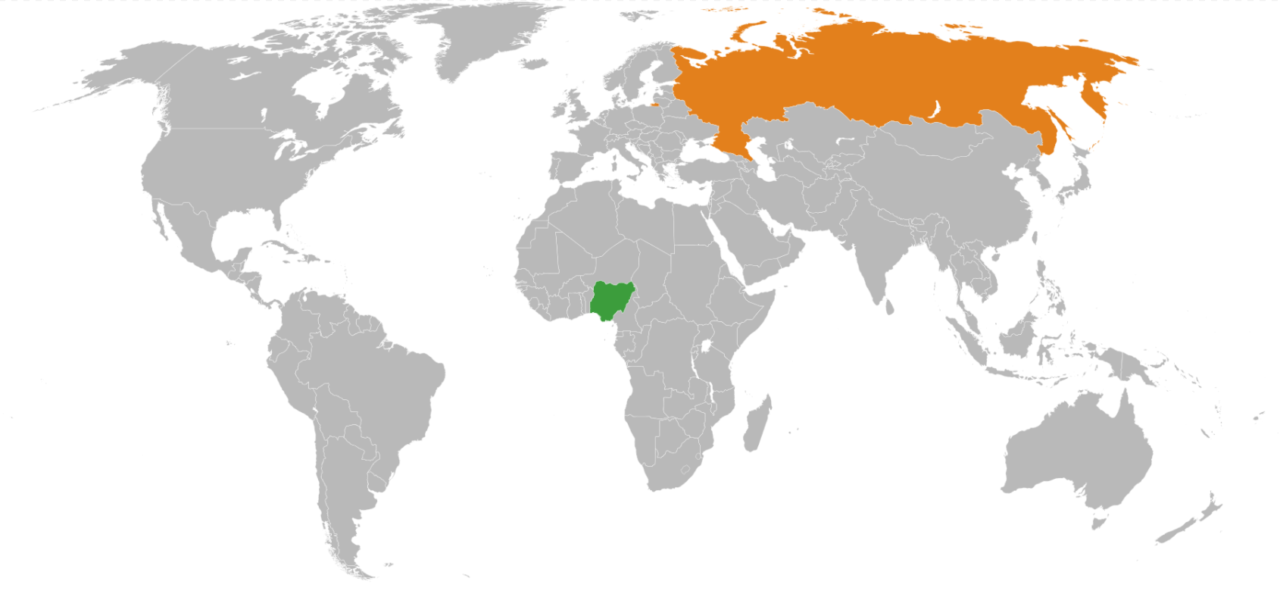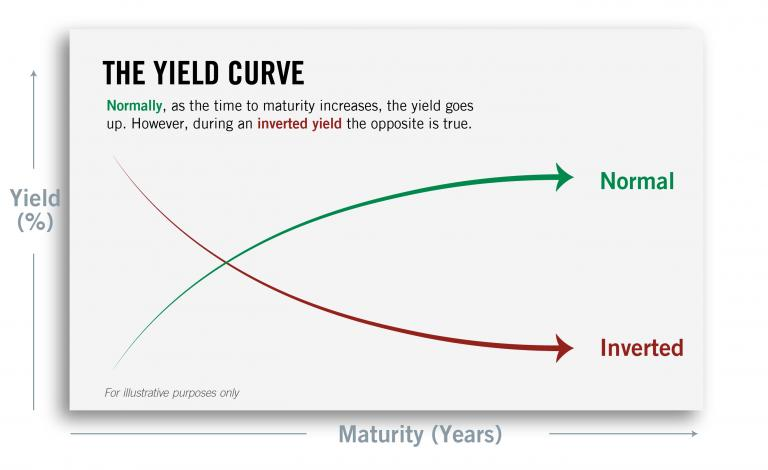In English, how does the war between Russia and Ukraine affect the price of gari in the market? Valid question.
It’s essential to start with an acknowledgment that all wars are painful and no one wins; the cost of human suffering can’t be monetized.
The world, as we are constantly reminded, is a global village. A Nigerian can invest in a company based in San Francisco using an app developed by an Indian working in Finland and paying with United States dollars. Nigerian students are studying all over the globe, and Nigeria is a major importer of foreign goods and services while exporting her local goods all over the world.
So does a war in Eastern Europe influence the price of processed garri in Abia? I think so.
First, some background, Russia has invaded Ukraine, which is beyond the scope of this paper. As evidenced by the UN General Council resolution, the world’s reaction calls for the fighting to stop. America and many nations have imposed crippling sanctions on Russia; apart from the expected sanctions on trade, Russian ships and planes have been denied access to most of the skies and ports in Europe. The plan seems to completely isolate and cut off Russia from international trade to pressure them into withdrawing from Ukraine. Russia, for instance, has been picked off the SWIFT network, which acts as a messaging network used to transmit information securely. This makes it harder for anyone living in Russia to send and receive remittances, inducing Nigerians. However, let’s drill down into the more significant effects of the war in Eastern Europe.
Trade
Nigeria’s Russian trade is not a lot, but it’s essential in many elements. According to Trading Economics, Russia’s main exports to Nigeria are Cereals (Maize), Iron and Steel, Mineral fuels, and Fertilizer. As Diagram 1 shows, the total value of these exports from the latest update in 2020 is about $423m using the United Nations COMTRADE database on International Trade. Nigeria, on the other hand, exports. In context, China’s exports to Nigeria were $16b in 2020. Ukraine exports to Nigeria are far lower at about $69m in 2020 and consist mainly of iron and steel and surprisingly sugar. Nigeria exports to Russia are little, mostly Live trees, plants and flowers, oilseeds and edible fruits. This trade is valued at about $2.36m.
Diagram 1: Russia Exports to Nigeria
Russian and Ukraine are large wheat exporters, Nigeria imports a lot of wheat, The President of Nigeria in 2021, at the inauguration of the Brown Revolution of Wheat in Plateau State, said, “Nigeria spends over $2b on the importation of wheat yearly” the Governor if the Central Bank of Nigeria Godwin Emefiele said, “Nigeria produces only 1% of an estimated 5-6million metric tones of wheat consumed annually.”
In summary, Nigeria cannot deploy import substitution to correct the wheat gap of over 5m tonnes; she must import. With Russian and Ukrainian imports suspended, the price of wheat futures has shot up 6% in one week! See Diagram 2. The implication is bread, pasta, and all wheat-based goods eaten in Nigeria will rise in prices. If pasta prices rise, Nigerians will run to the nearest substitute, including cassava-based meals like gari, pushing up the price. Food makes up about 50% of the Nigerian Consumer Price Index; thus, any shock to food prices will see food inflation go up and drag core inflation with it. In essence, a war in Eastern Europe that affects the price of grain means a rise in food inflation in Nigeria.
Diagram 2: Wheat Futures rise
Crude Oil
Russia is a Member of the OPEC (+) cartel. A cartel is formed to control the supply of a commodity to influence its selling prices. Even before the war broke out in Ukraine, oil prices had been elevated due to higher demand as the world exits a covid included inflation but with lower supply as the West seeks to reduce their use of fossil fuels. OPEC has not increased supply to dampen prices; why should they?
Diagram 3 ICE Brent Crude Prices soar
Ordinary, these higher prices should translate to a boom for Nigeria’s foreign exchange revenues, but Nigeria’s production has stalled. The table below from Organisation of Petroleum Exporting Countries (OPEC) Monthly reports show a dip in Nigeria’s oil production from 2020 to 2021 even though oil output rose in 2022 January; it’s still below 2020 levels in an environment of higher oil prices.
Diagram 4 Nigeria Oil Production
However, the impressive output for January 2022 of 1,399 is far below the 2022 budget assumptions. This translates to lost revenues for Nigeria.
Table 5 Nigerian 2022 Budget and Assumptions
The rise in oil prices is essentially a loss in revenues for Nigeria without local refining capacity. She has to import Premium Motor Spirit (PMS)and pay in foreign exchange. NNPC is currently the only importer of PMS. NNPC is also importing and applying a subsidy to keep the selling price of PMS at Nigeria pumps at the official price, and as the cost of crude oil, the grant paid thus rises.
In January 2022, NNPC is reported to have made a zero contribution to the Federal Accounts Allocation Committee in January; Brent Crude was sold at $94; at the time of writing this article, it is $111, that’s an additional cost to the NNPC and fewer revenues to Nigeria.
Ajaokuta
Nigeria has set up an Ajaokuta Presidential Project Inauguration Team to revamp Ajaokuta based on a government-to-government agreement with $1billion funding from the Afreximbank and the Russian Export Center bringing in $460m with interest below 5%. The plan revolved around a technical assessment with the possibility of installing electric arc furnaces, according to the minister of Mines and Steel Development Olamilekan Adegbite. This project is planned as a Build Operate and Transfer with the Russians initially operating then transferring to the Nigerian government is now in doubt because of international sanctions.
This is a blow to the local steel industry in Nigeria if the ban is sustained. Ukraine is also a significant exporter of steel to Nigeria due to supply disruptions in the prices of steel rods, crucial to Nigeria’s intrastate and housing plans.
The summary is this, this Eastern war between Russia and Ukraine will have severe implications for Nigeria. I hear you ask, can Nigeria buy wheat elsewhere? Can we purchase iron rods elsewhere? The answer is Yes, Nigeria can and will purchase wheat and iron and steel elsewhere, but the problem is at what cost? Taking away Russian oil and grain from the market creates a supply crunch. If you add this to the supply chain crisis already occurring, you realize the implications.
Prices of wheat will stay up until there is a certainty to supply, same for oil. These elevated prices will impact food inflation in Nigeria, including the costs of locally produced food.
Nigeria has minimal options; she can’t swap oil for grains because her output is low Neither can she focus on local production due to massive deficit in local supply; the solution may be to seek a peaceful resolution of the crisis hope for calming of international markets. A solution may be to offer zero-interest loans to wheat and steel importers and subsidize the import prices by canceling the import duty on these goods to prevent imported inflaton
Hope looks like Nigeria’s only hope.





